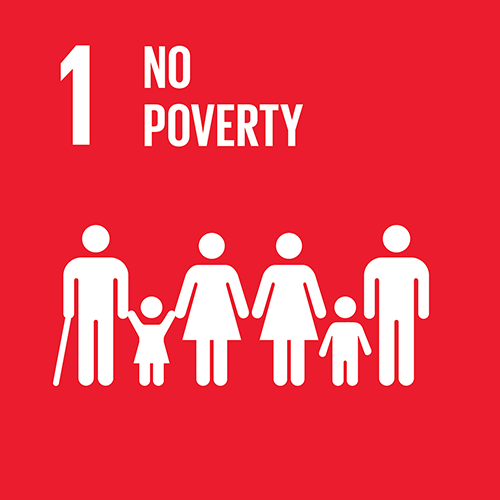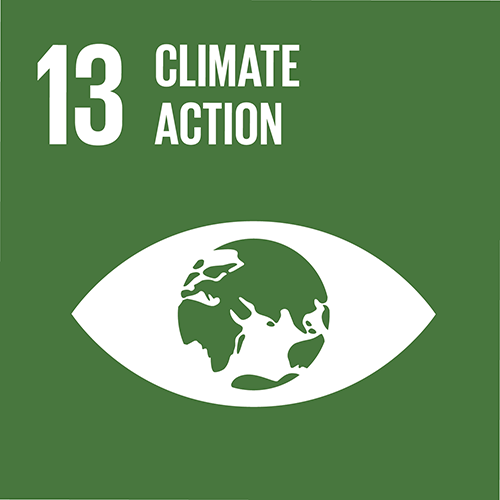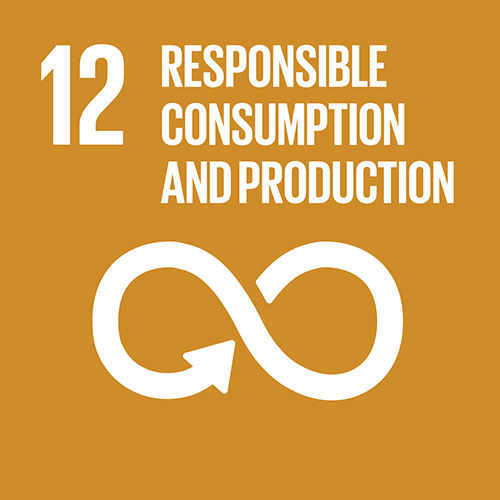Efficient Cook Stoves for Returnees in Burundi

Project type: Efficient cook stoves
Project location: Burundi
Project status: In operation, credits available
Annual emission reduction of the whole project: 240,000 t
This project distributes efficient cook stoves for returnees in Burundi. The stoves are part of an aid package handed out in reception camps by aid organisations such as UNHCR and World Food Programme. The stoves have improved combustion, resulting in reduced household air pollution with its associated adverse health effects. The stoves also require less fuel wood which conserves forests, saves on the chore of gathering wood and reduces CO2 emissions.
In Burundi, many former refugees and IDPs (internally displaced persons due to natural disasters and climate change-induced food insecurity) are now being assisted to return home. Returnees often come back owning almost nothing except little savings. It is anticipated that upon resettling, many will use inefficient cooking systems that have been entrenched across most central African communities. These normal cooking systems require a large amount of fuel and are very smoky, which disproportionally exposes women and children to household air pollution and can result in adverse health effects like respiratory illnesses and ischemic heart disease. Meanwhile, much more firewood needs to be extracted out of the neighboring forests, and more time spent by women and children for gathering and transporting the wood.
The amount of wood we used for two days with the old cook stoves lasts us a week with the new cook stove.
The project is distributing improved cook stoves (ICS) to returnees via aid packages which also include items such as clothing, food, medical supplies etc. The stoves distributed through this project will encourage returnees to replace the prevailing inefficient three-stone fire places or traditional cookstoves that are predominantly used across the region.
Technology and benefits
The new efficient stoves provide for an efficient transfer of the thermal energy, generated through the combustion of biomass, to the cooking pot. There is thus a resultant reduction in both biomass consumption and in greenhouse gas emissions. Reduction of biomass consumption avoids deforestation, reduces expenses associated with purchasing fuel. There will also be an economic benefit in that the stoves will be produced locally in Bujumbura.
Project implementation
The project implementer OBEN is a local NGO with a solid track record, active in climate projects for more than 15 years and already operating five successful carbon programmes. The OBEN production facility is located in Bujumbura and features three lines of production for the stoves.
What exactly are the CO₂ funds used for?
Leveraging carbon finance, this project will allow the reduction of greenhouse gas emissions associated with cooking, and allow for the more sustainable use of biomass resources within Burundi.
Monitoring, Reporting and Verification (MRV)
The project is a part of the Gold Standard certification programme. This initiative focuses on improved biomass stoves for returnees in Burundi. Consistent with Gold Standard's commitment to high-quality climate protection projects, this project undergoes rigorous and continuous monitoring. Our approach includes quarterly follow-up visits and monthly calls to ensure the biomass stoves are not only functional but also effectively utilized by the community. These regular interactions are complemented by mandatory annual monitoring visits. These comprehensive checks are crucial for verification and integrity purposes. The annual verification process is carried out by an independent auditor and by SustainCert. This ensures that our practices meet the Gold Standard's stringent criteria and that the reported emissions reductions are accurate and reliable. See more information unter “Documentations”.
This project contributes to 8 SDGs*
*as at the end of 2023. myclimate only finances a share of this project. The following figures relate to the impact of the entire project. Find out how myclimate reports these SDGs in our FAQ.
The following SDGs are verified by the Gold Standard:
Reduction of fuel consumption and associated expenses by 80 per cent
Distribution of 230,000 improved cook stoves to returnees
Creation of 63 jobs and 343 part-time jobs to date
Avoidance of 240,000 t CO2 per year and 1.6 t CO2 per stove per year
Avoidance of 96,000t of forest wood harvested per year
These SDGs have been approved by myclimate:
Reduction of indoor air pollution and related risk to respiratory diseases
Women regain time otherwise spent collecting firewood and cooking
Reduce consumption of firewood
Situation without project
Higher consumption of non-renewable biomassDocumentations
Project standard

Project number
7226











